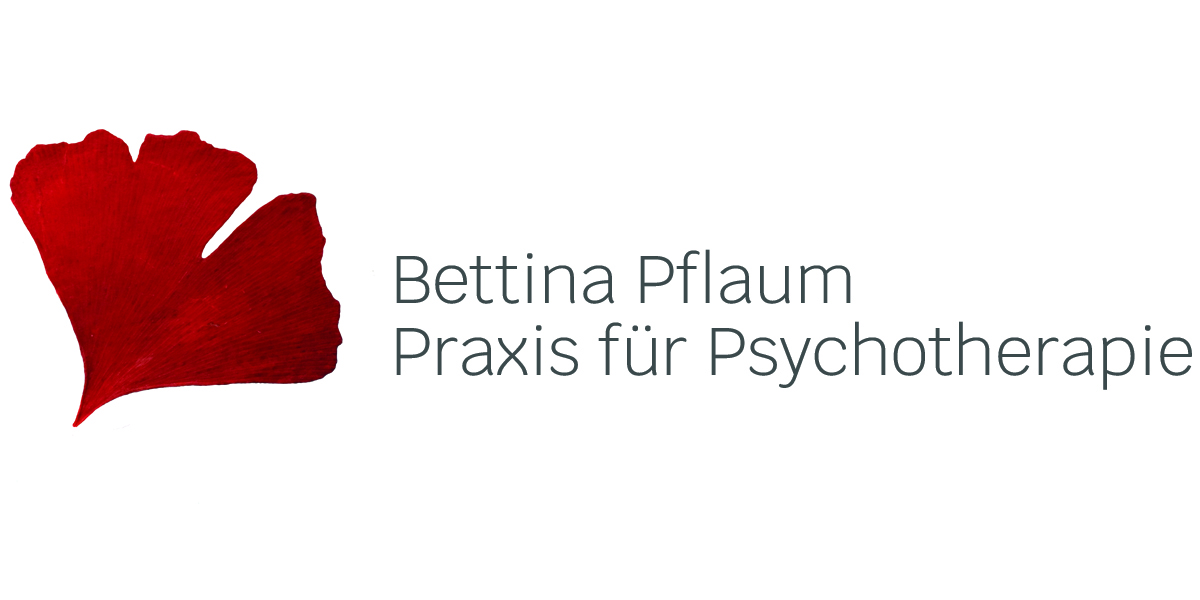Existential Psychotherapy
The existential approach in psychotherapy in its modern form where developed by US-american psychiatry professor Irvin D. Yalom. He assumes that a human being can develop a mental disorder when he can’t find a satisfactory response to the existential questions of life.
Death, freedom, isolation and meaning: There are no simple answers to these given circumstances. To deal with the own finitude, to assume responsibility for the own actions and decisions, to accept, that one, as an individual, exists ultimately alone – despite having family and friends – and finally the search for the meaning of life: These are facts which cannot be solved like a problem.
If clients want to deal with these existential conditions of life to find a positive approach to them, I offer them the possibility to do so in a sheltered, no-holds barred surrounding in my non-medical office for psychotherapy Ganderkesee. My existential psychotherapeutic approach is based largely on the knowledge I gained during my completed studies of philosophy.
When other forms of psychotherapeutic treatment encounter their limits, the existential psychotherapy can implement a constructive process. The main issue is that the client deals with his personal values, his living conditions and attitudes as openly and free of prevention as possible – supported by the psychotherapist. In this field, there is no answer or solution which is operating in any case. Rather than that, an existentially based psychotherapie is individualistic und leads to a reality adjusted, accepting act in the clients here and now.

